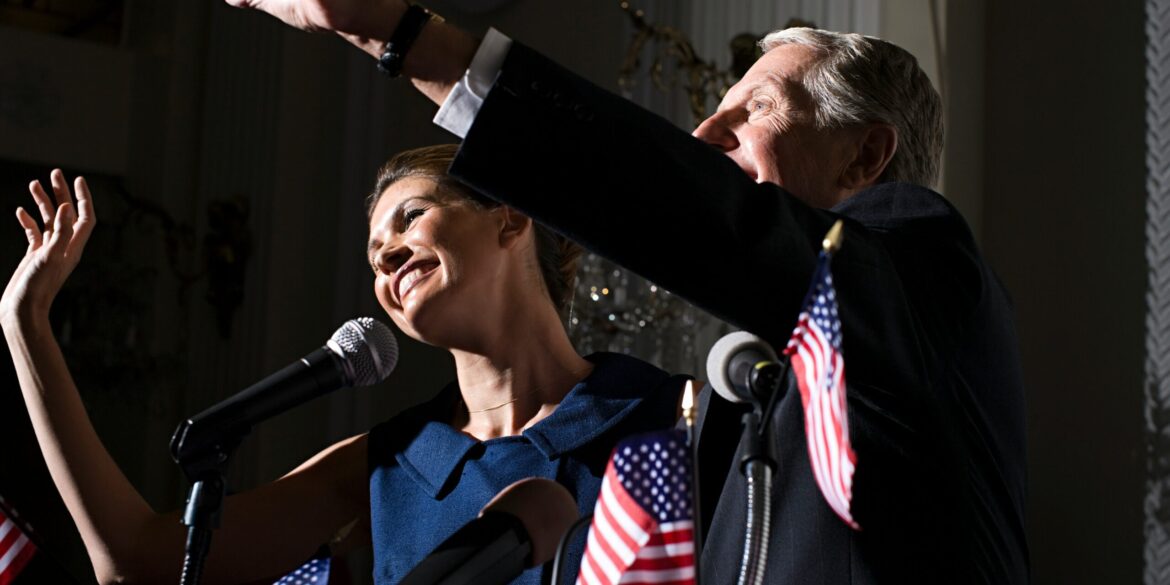U.S. Court of International Trade issued a landmark ruling that invalidated a series of tariffs imposed by former President Donald Trump, declaring that the administration had overstepped the authority granted under the International Emergency Economic Powers Act (IEEPA) of 1977. The decision, which came in response to a coalition of lawsuits from small business owners and multiple states, has major implications for presidential powers in trade policy and could reshape future administrations’ approaches to economic regulation.
Legal Challenge and Court’s Decision
The case centered on tariffs imposed by the Trump administration as part of what it branded a “Liberation Day” economic strategy in 2020. These tariffs targeted a broad swath of imports, including food, alcohol, industrial components, and consumer goods, and were framed as a means to address national security concerns arising from America’s trade deficit. The Trump administration invoked IEEPA, a law typically reserved for emergencies such as terrorism and cyber threats, to justify the sweeping measures.
However, the Court of International Trade found that the rationale did not meet the statute’s standard of an “unusual and extraordinary threat.” Writing in the court’s unanimous opinion, Judge Claire R. Kelly stated: “The economic conditions cited do not rise to the level required under the IEEPA, and the president’s actions in this case represent a fundamental overreach of executive power.”
This ruling is being seen by legal scholars as a critical reaffirmation of the separation of powers, reining in the executive branch’s ability to unilaterally restructure international trade through emergency powers.
Plaintiffs and Business Impact
Among the plaintiffs were Victor and Chloe Schwartz, co-owners of VOS Selections, a New York-based wine and spirits importing company that sources premium products from across Europe and Latin America. In their testimony, they explained how the abrupt imposition of tariffs disrupted longstanding supply chains, forced price increases, and threatened the financial stability of their small enterprise.
“We’ve spent two decades building relationships with artisanal producers,” Victor Schwartz told Business Insider. “These tariffs blindsided us, inflated our costs overnight, and made it nearly impossible to compete with domestic conglomerates who weren’t affected the same way.”
Their case was joined by other importers, as well as state governments—including Oregon and Illinois—that argued the tariffs had a disproportionate impact on local economies, especially industries reliant on international goods.
Federal Government Response and Appeal
The Biden administration, though critical of Trump-era tariff strategies, defended the executive’s prerogative during the case, citing concerns about undermining presidential flexibility in foreign policy. However, it acknowledged the necessity of judicial review in delineating the limits of such powers.
Following the decision, the Department of Justice filed a notice of appeal, setting the stage for a potential Supreme Court showdown. Legal analysts suggest that the appellate process could shape how future presidents leverage IEEPA and similar statutes, not only for trade but also in other sectors where executive action intersects with economic policy.
Market and Policy Implications
Markets responded favorably to the ruling. U.S. stock index futures surged slightly in after-hours trading, with import-heavy industries such as retail and automotive among the biggest gainers. Crude oil prices climbed as investors anticipated more stable global trade dynamics, while gold dipped slightly in response to reduced economic uncertainty.
In the policy arena, the decision could influence ongoing negotiations around trade agreements and the role of Congress in economic governance. Lawmakers on both sides of the aisle have expressed interest in revisiting the scope of IEEPA and other emergency statutes to prevent future overreach.
“This ruling reminds us that no president, regardless of party, should wield unchecked power over the economy,” said Senator Ron Wyden (D-OR), chairman of the Senate Finance Committee. “Congress has a responsibility to restore balance and ensure accountability.”
Broader Context
Trump’s tariff policies were among the most controversial elements of his presidency, affecting trade relationships with China, the European Union, and Canada. While aimed at protecting domestic industries, critics argued they triggered retaliatory tariffs, raised prices for consumers, and strained diplomatic ties. This ruling adds judicial weight to those criticisms and may prompt a reevaluation of unilateral trade actions.
The International Emergency Economic Powers Act was enacted in 1977 to regulate economic threats posed by foreign entities. While it has traditionally been used to sanction regimes and block assets during international crises, its use in domestic economic restructuring had never before been tested at this scale.
Looking Ahead
The outcome of the government’s appeal will be closely watched. If upheld, the ruling could significantly curtail the use of emergency powers in economic contexts, reinforcing the need for legislative authorization on broad trade measures. Legal scholars and business leaders alike are already advocating for clearer statutory definitions to prevent similar conflicts in the future.
In the meantime, small businesses like VOS Selections are cautiously optimistic. “This is a victory not just for us,” said Chloe Schwartz, “but for all businesses who believe in fairness, predictability, and the rule of law.”

